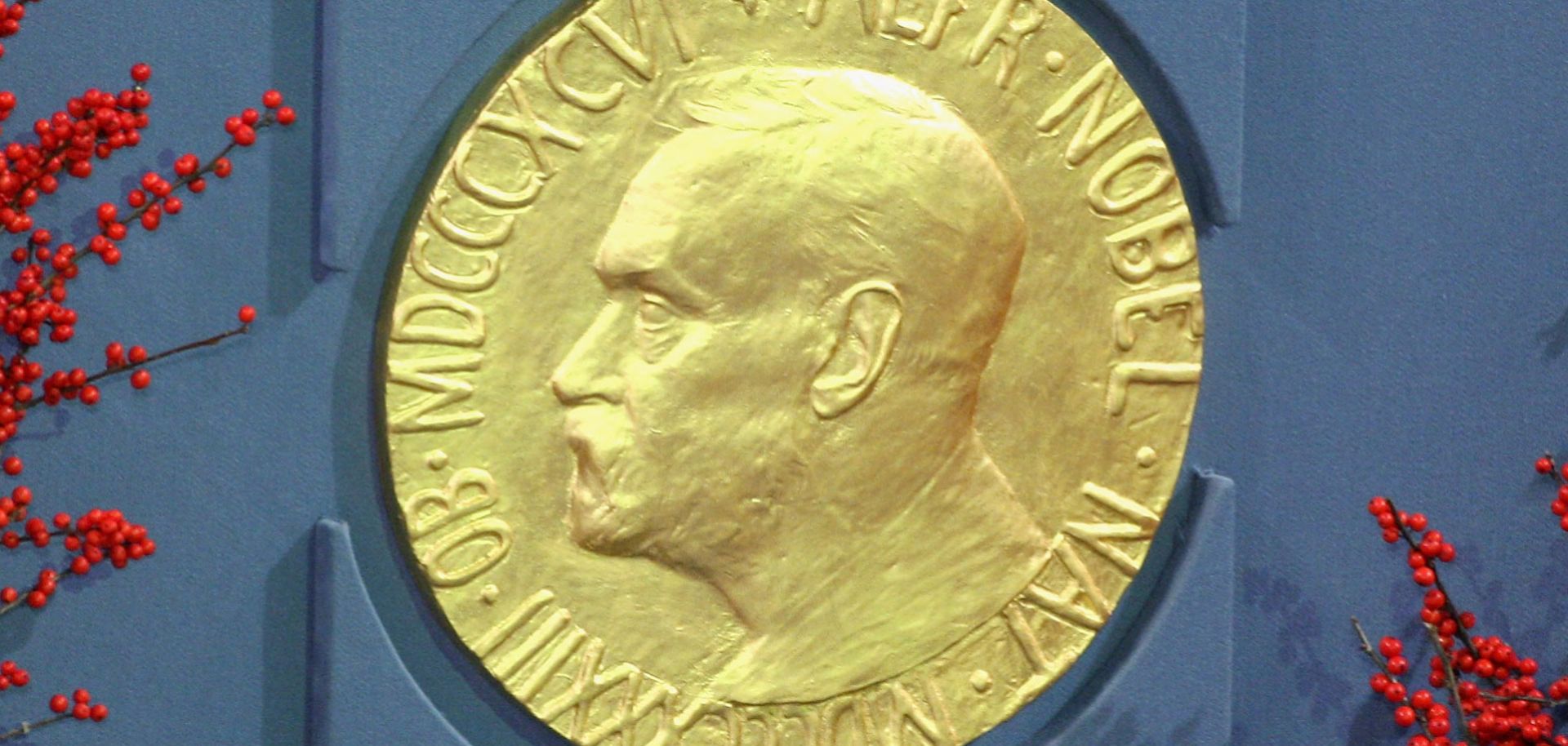When Swedish inventor Alfred Nobel died in 1896, he left the world with two major legacies: dynamite and the Nobel Prize. The latter, though perhaps less practical than the former, was no less important. In his last will and testament, Nobel dictated that his estate be used to bestow "prizes to those who…shall have conferred the greatest benefit to mankind." He believed the fund would serve as a kind of penance for the destructive force his explosive creation had unleashed upon the world. Five years later, the first Nobel Prize was awarded.
Today, receiving the Nobel Prize is considered the pinnacle of many scientists', economists' and humanitarians' careers. Each year, the prize is given to (and often shared between) people who have made discoveries that have revolutionized their fields. And revolutions -- even those in the sciences instead of in politics -- tend to have lasting geopolitical consequences. ...

